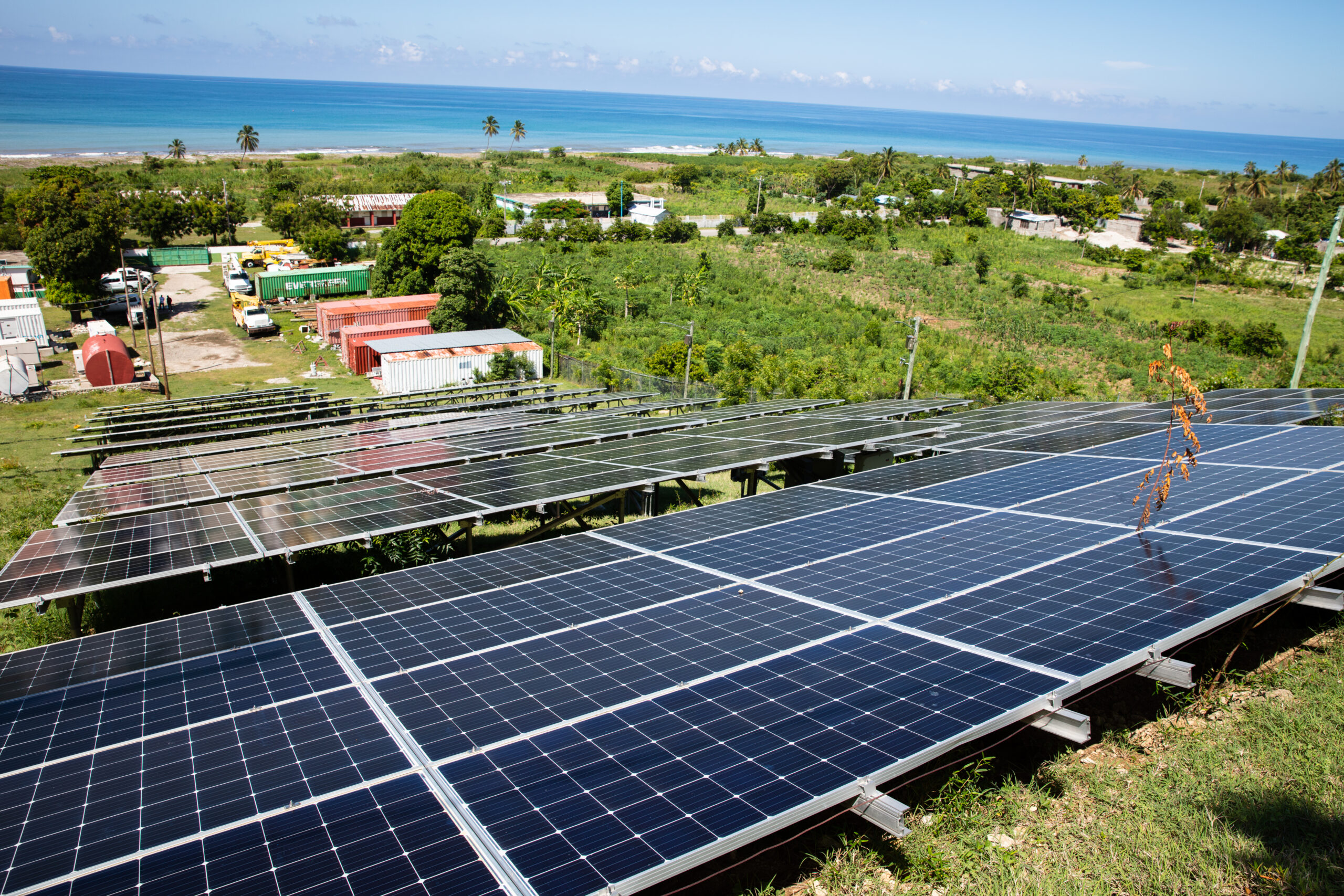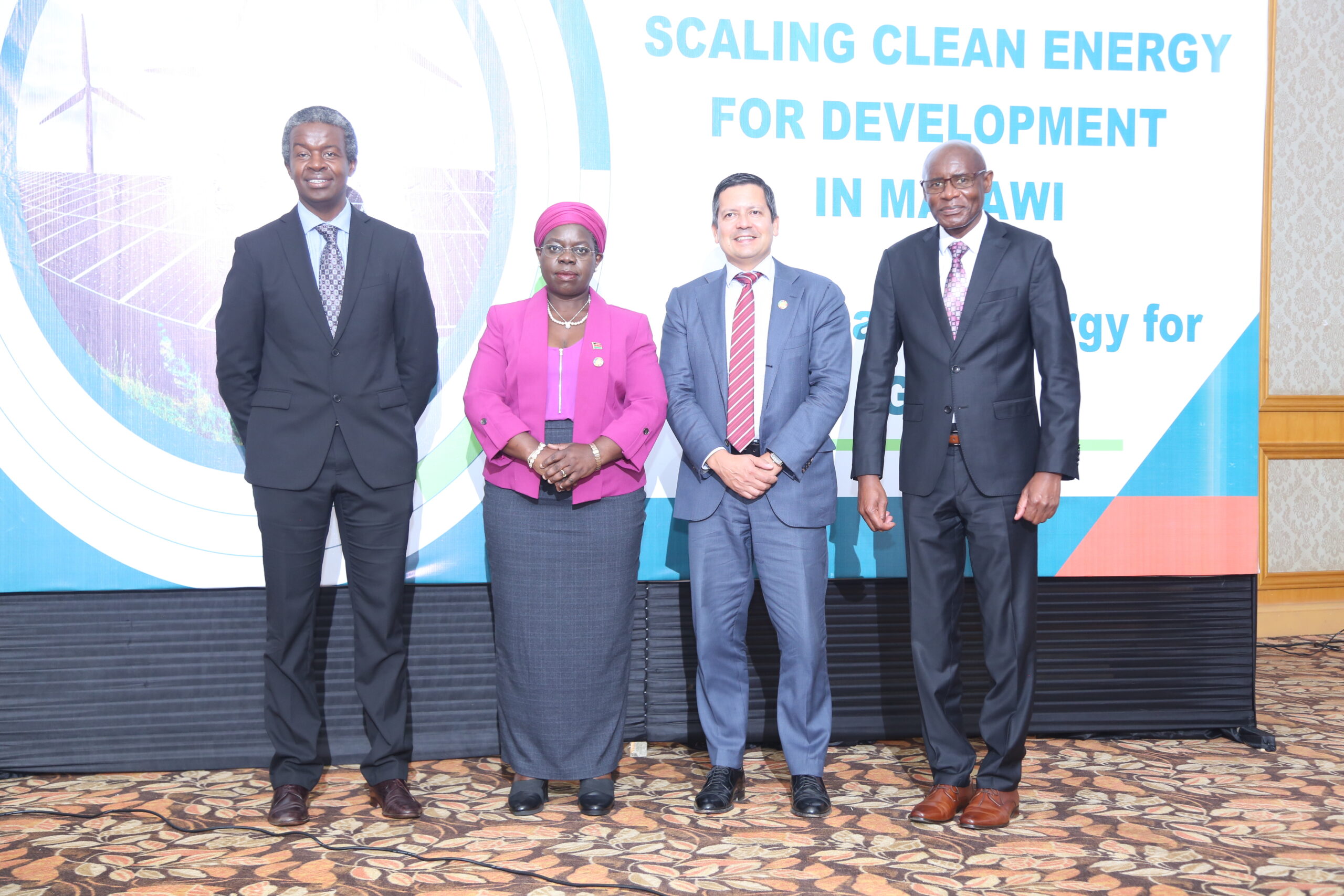Empowering Women for a Sustainable Energy Future

The renewable energy sector stands at the forefront of innovation and progress, offering promising opportunities for a cleaner and more sustainable future. However, despite its potential, the industry grapples with a glaring gender disparity that impedes its growth.
Gender Disparities: Unveiling the Imbalance
As the world transitions towards renewable energy sources, it is disheartening to witness the persisting gender gap within the sector. Despite the remarkable potential for women’s contributions, they remain notably absent from various stages of the renewable energy value chain. Startling data reveals that, on average, the energy sector comprises a mere 24% women, a stark contrast to the 8% gap in the overall workforce. This underrepresentation, particularly in technical roles, demands our attention and concerted efforts to drive change.
Fueling Economic Growth through Inclusion
The economic implications of gender parity in the energy sector are profound. A study by the McKinsey Global Institute demonstrates that empowering women in India’s economy could inject a staggering $3 trillion by 2025. Such a transformation hinges on nurturing women’s participation in the renewable energy landscape. To achieve this, it is imperative to provide women with essential resources such as access to efficient appliances, financing, and livelihood opportunities. By doing so, we not only promote gender equality but also unlock substantial socio-economic benefits for the nation.
Private Sector as a Catalyst for Change
Private enterprises play a pivotal role in shaping workplace dynamics and driving transformation. To cultivate a culture of gender responsiveness, companies must adopt impactful strategies that champion gender equity. This entails implementing inclusive hiring policies that span all levels, including leadership positions. By addressing gender gaps through meticulous gender-related assessments, organizations can unveil socio-economic and environmental factors that influence renewable energy projects. Furthermore, integrating gender equality into their strategies can position these companies as trailblazers in environmental, social, and governance (ESG) metrics.
Fostering Grassroots Empowerment
Realizing a balanced energy sector necessitates empowering women at the grassroots level. Providing women with comprehensive training and skill development opportunities is pivotal to their active engagement as energy professionals. Notably, a strong focus on Science, Technology, Engineering, and Mathematics (STEM) education is paramount, considering the technical nature of most renewable energy jobs. Equipping women with proficiency in STEM disciplines empowers them to drive innovation and excel in this evolving landscape.
Government Initiatives: Paving the Path Forward
The Indian government’s commitment to gender equality within the energy sector is evident through various proactive initiatives. The Women’s Empowerment Scheme, skill development programs, and incentives for women-led solar installations all underline the nation’s dedication to narrowing the gender diversity gap. These policies not only promote inclusivity but also create an enabling environment for women to thrive as renewable energy professionals.
The Power of Inclusive Decision-Making
Inclusive decision-making is the cornerstone of comprehensive and sustainable progress. Women leaders bring unique perspectives that can shape policies and strategies, with a strong emphasis on clean energy and environmental stewardship. Their role as role models is pivotal, inspiring the next generation of women to shatter traditional gender barriers and actively contribute to clean energy solutions.
Conclusion: Paving the Way for a Brighter Future
Empowering women for an equitable presence in the renewable energy sector is no longer a choice—it’s a necessity. By leveraging the potential of private sector support, fostering grassroots empowerment, and bolstering government initiatives, we can bridge the gender gap and create a more inclusive and sustainable energy future. The path forward requires collective efforts, determination, and a shared vision to accelerate the transition towards cleaner energy solutions, all while ensuring that women play a central and empowered role in shaping this transformative journey.


